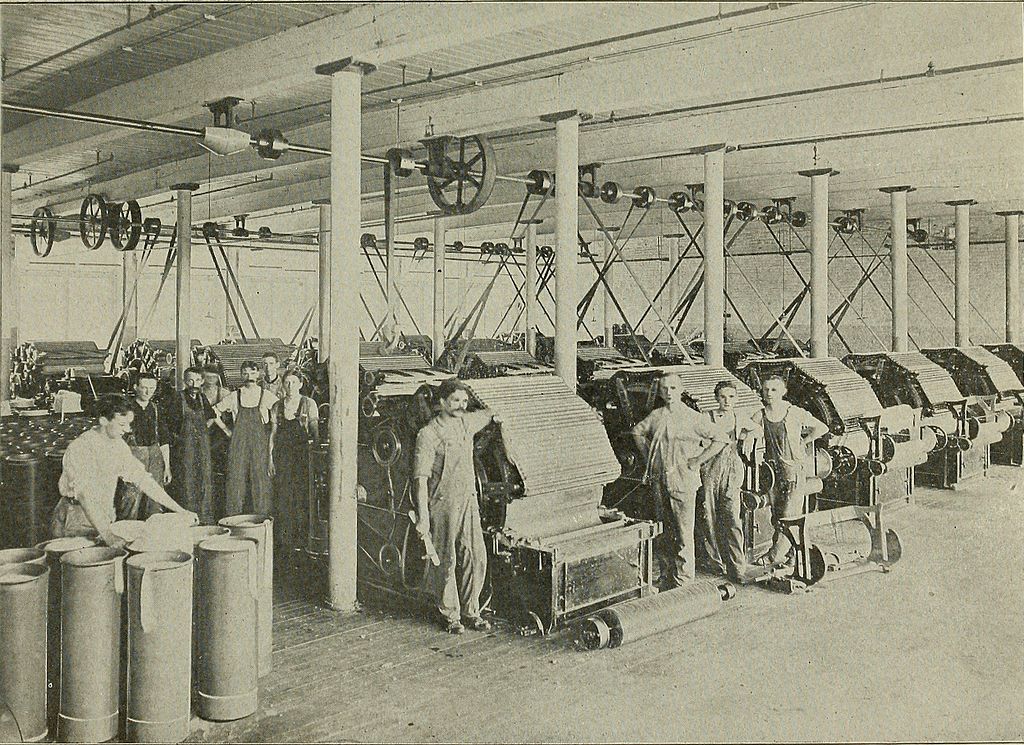The Poona Pact -The Pact That Changed India’s Caste Politics Forever!
Introduction
The Poona Pact, signed on September 24, 1932, stands as a significant milestone in the Indian struggle for independence. It was a crucial agreement between Mahatma Gandhi and Dr. B.R. Ambedkar, aiming to address the concerns of the depressed classes in the context of British colonial rule. This pact not only highlighted the complexities of caste politics in India but also marked a pivotal moment in the dialogue between social justice and political representation.
Context: The Communal Award
Before the Poona Pact, the British government introduced the Communal Award in August 1932, which proposed separate electorates for various religious and social communities, including the depressed classes. This decision was met with widespread discontent, particularly from Gandhi, who viewed separate electorates as detrimental to national unity. Gandhi believed that such a division would undermine the struggle for a unified India and further entrench communal divisions.
The Hunger Strike
In response to the Communal Award, Gandhi embarked on a fast unto death on September 20, 1932. His fast was a powerful act of protest aimed at compelling the British authorities to reconsider their stance on separate electorates for the depressed classes. Gandhi’s health deteriorated rapidly, capturing the attention of the nation and intensifying the urgency for dialogue.
The Negotiations
As the situation escalated, Dr. B.R. Ambedkar, a prominent leader of the depressed classes and an advocate for their rights, agreed to negotiate with Gandhi and his representatives. The negotiations took place in Poona (now Pune), leading to the formulation of the Poona Pact.
Can Cooperation Save Our Water? The Treaties You Need to Know! | Maya
Top 5 Countries with the Most Forests – And How They’re Saving the Planet! | Maya
Key Provisions of the Pact
The Poona Pact brought several significant changes to the initial proposals of the Communal Award:
- Joint Electorates: The most critical aspect of the Poona Pact was the agreement to abandon separate electorates for the depressed classes. Instead, the pact established joint electorates where members of the depressed classes could be elected alongside other communities.
- Reserved Seats: To ensure adequate political representation, the pact stipulated a specific number of reserved seats for the depressed classes in provincial legislatures. This provision aimed to safeguard their interests while promoting a more integrated political structure.
- Recognition of Rights: The pact also recognized the socio-economic issues facing the depressed classes, emphasizing the need for legislative measures to uplift their status.
Impact and Aftermath
The Poona Pact had far-reaching implications for Indian politics and society. By promoting joint electorates, it sought to foster unity among various social groups, although it did not eliminate the caste system’s deep-rooted challenges.
The 1935 Government of India Act
Following the Poona Pact, the Government of India Act of 1935 was enacted, which further implemented some of the provisions agreed upon in the pact. The act expanded the legislative councils and introduced a system of provincial autonomy, allowing for greater representation of the depressed classes within the broader political framework.
Continuing Struggles
Despite the advancements made through the Poona Pact, the fight for social justice continued. The pact did not resolve the systemic issues of caste discrimination and social inequality. Leaders like Ambedkar continued to advocate for the rights of the depressed classes, emphasizing the need for a more comprehensive approach to social reform.
Conclusion
The Poona Pact remains a critical moment in the history of India’s fight for independence and social justice. It reflected the complexities of caste politics and the urgent need for dialogue between leaders advocating for different social groups. As India continues to grapple with issues of caste and inequality, the lessons from the Poona Pact serve as a reminder of the ongoing struggle for a more equitable society. The pact exemplifies the challenges of unifying diverse interests within a colonial framework while striving for a common goal of independence and social justice.




